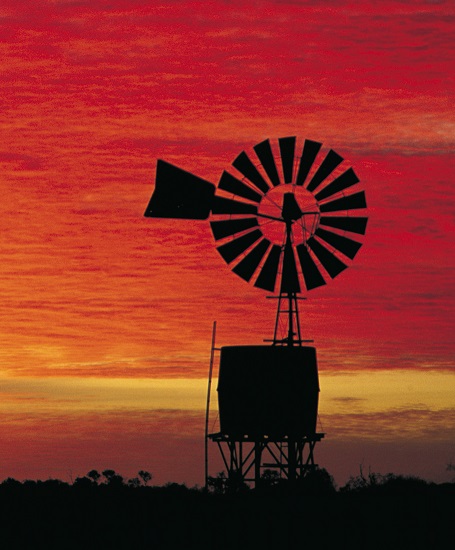Top-end skeptical of sweet-talking southerners
 In the lead-up to next weekend’s election both major parties have made broad promises pertaining to the northern end of the country, but the people who actually live there have questioned the feasibility, viability, equity, and validity of the pledges.
In the lead-up to next weekend’s election both major parties have made broad promises pertaining to the northern end of the country, but the people who actually live there have questioned the feasibility, viability, equity, and validity of the pledges.
Plans to develop irrigated agriculture, dam networks, special tax zones and protected lands have been taken with a grain of salt by many northern residents.
Prime Minister Kevin Rudd this week claimed he would like the Northern Territory's company tax rate to be considerably lower than it is, but no changes will be made before 2018. Rudd also pledged $10 million to help resolve Native Title issues and expand the Ord Irrigation scheme to 43,000 hectares.
Opposition leader Tony Abbot labelled the plan a “thought bubble”. Mr Abbot may not remember his own “thought bubble” Top End development discussion paper from earlier this year, which made virtually identical proposals.
John Moulden, president of the Shire of Wyndham East Kimberley in northern WA, says the inaccuracy of the plans in relation to reality shows the disconnection of the party leaders: “I think there is little bit of unreality about the level of investment that will be required to do the job,” he said, “it's very remote country, these are big projects and everything costs a lot more money up here and I don't yet see the acknowledgment that in order to achieve these things we are aiming to do, that there is yet the commitment to do it.”
National Farmers Federation Chief executive Matt Linnegar says the group has proposed specific regional tax zones before: “The NFF has certainly encouraged governments of all kinds to look at the issue of whether this sort of tax zoning will work across regional Australia, to take advantage of and generate the sort of wealth that we're talking about coming from food and fibre in those areas,” he said, “we recognise the issues that are particular to the north, they're very much apparent.”







 Print
Print